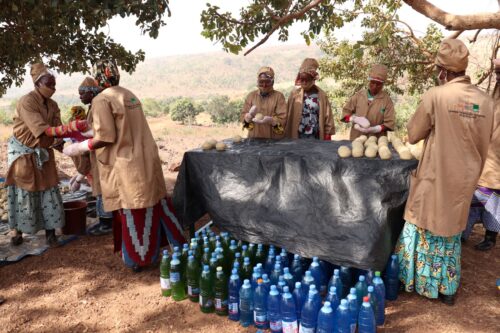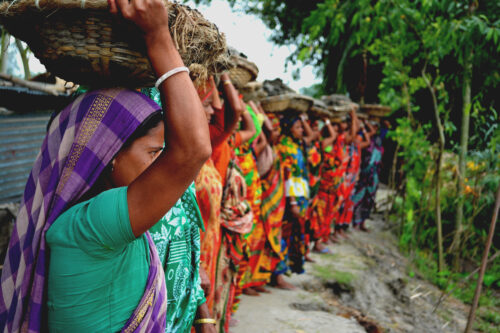
Hot Topics: Conflict and Humanitarian Protection
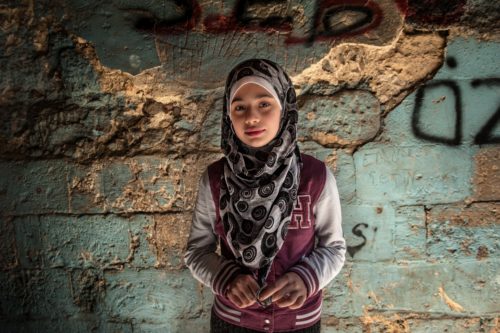
The Missing Link: Early Childhood Development in Child Protection Humanitarian Assistance
In January 2021, the U.S. Congress enacted the Global Child Thrive Act. This landmark legislation aims to…
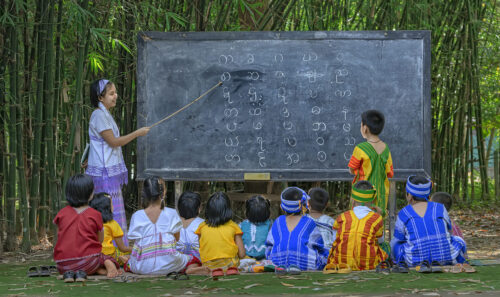
Duty of Care: Protection of Humanitarian Aid Workers from Sexual Violence
This document from Duty of Care International provides some safeguarding guidance on performing reference checks.
Supporting Community-Based Protection in the Democratic Republic of Congo
Escalating violence in the eastern Democratic Republic of Congo (DRC) has exacerbated the humanitarian crisis and left…
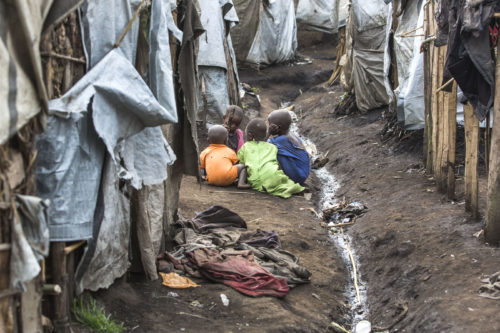
InterAction Calls for Unhindered Access for Humanitarian Actors in Syria
"InterAction stands in solidarity with the people of Syria and emphasizes the critical importance of centering Syrian voices and civil society during this pivotal period of transition."

Dignity in the Heat: Addressing Health and Shelter Needs in Humanitarian Crises
Two major climate trends are reshaping the humanitarian landscape: the increasing frequency of acute, high-cost disasters and…
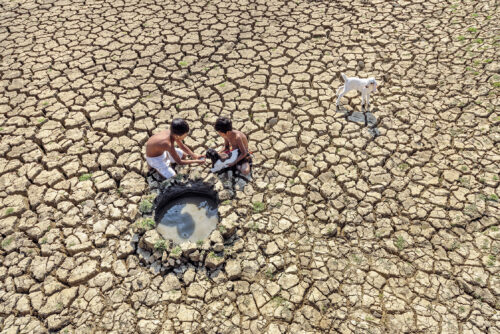
Enhancing NGO Coordination in Humanitarian Settings
Non-governmental organization (NGO) coordination at every level of a humanitarian response is critical to ensure quality, accessible programming reaches conflict- and disaster-affected people.
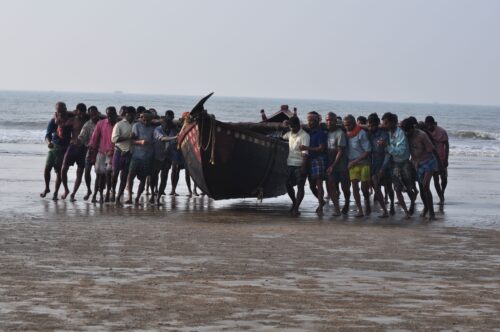
Urgent Call for De-escalation and Protection of Civilians in Lebanon
As the conflict intensifies in Lebanon, the devastating toll on civilians and humanitarian workers grows more severe by the day. We are gravely concerned for the safety of those caught in the crossfire and directly affected by the escalating violence. The humanitarian crisis, already compounded by Lebanon’s economic collapse, has now reached a critical tipping point with thousands of people being displaced. The escalation of the conflict will stretch our Members’ operations to the limit, leaving them and those who they serve exhausted and resources depleted.
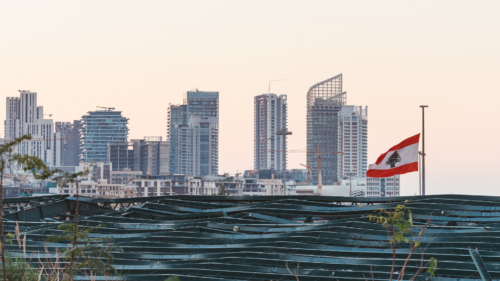
World Humanitarian Day 2024
Aid workers are increasingly being targeted by armed actors who seek to intimidate, coerce, or disrupt aid operations for strategic gains. In Gaza and South Sudan, in Yemen and the Central African Republic, disinformation campaigns are fueling hostility toward aid agencies. These threats not only endanger the lives of those dedicated to humanitarian action but also severely hinder access to essential aid for millions of vulnerable people in conflict-affected areas.
